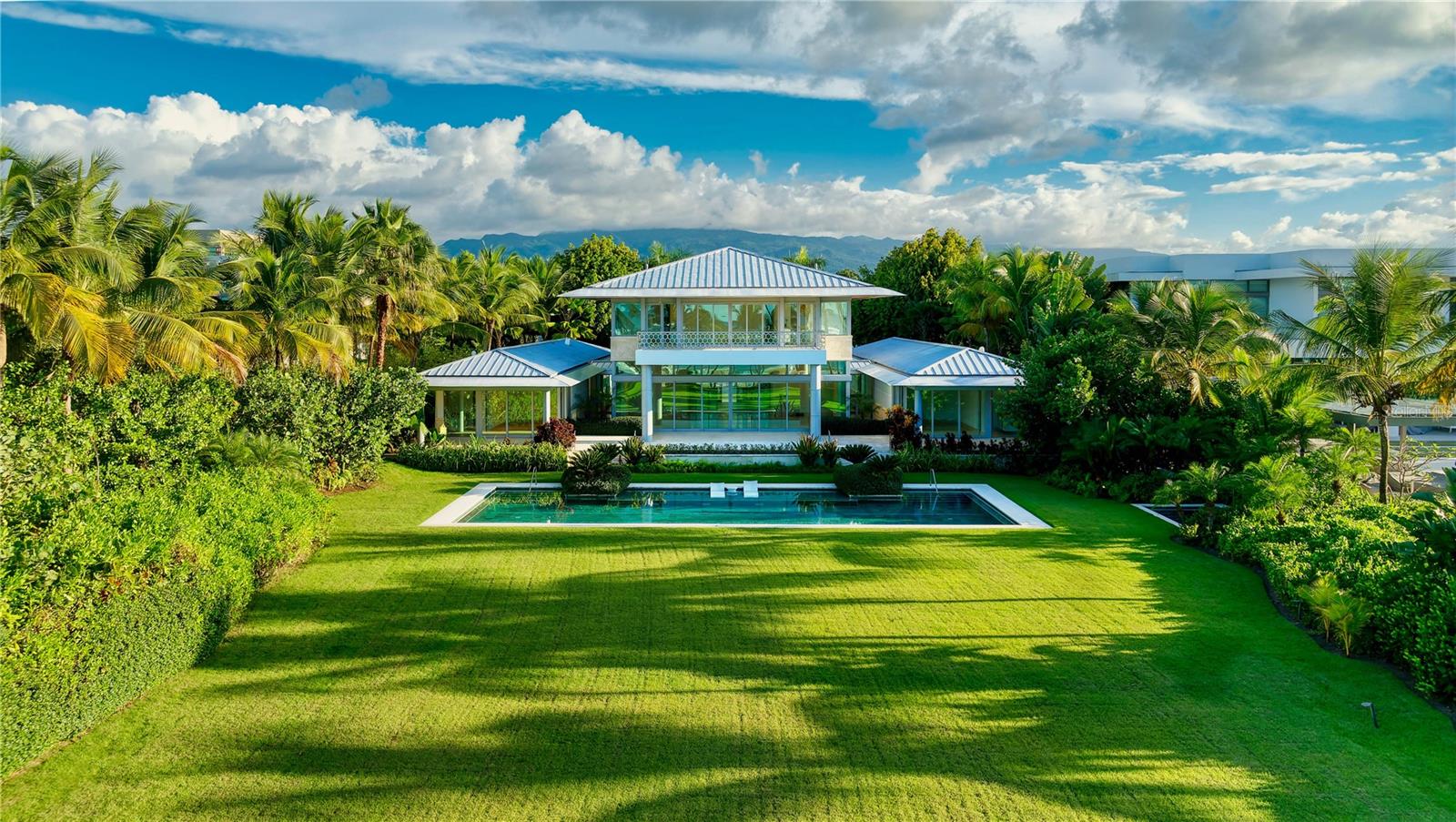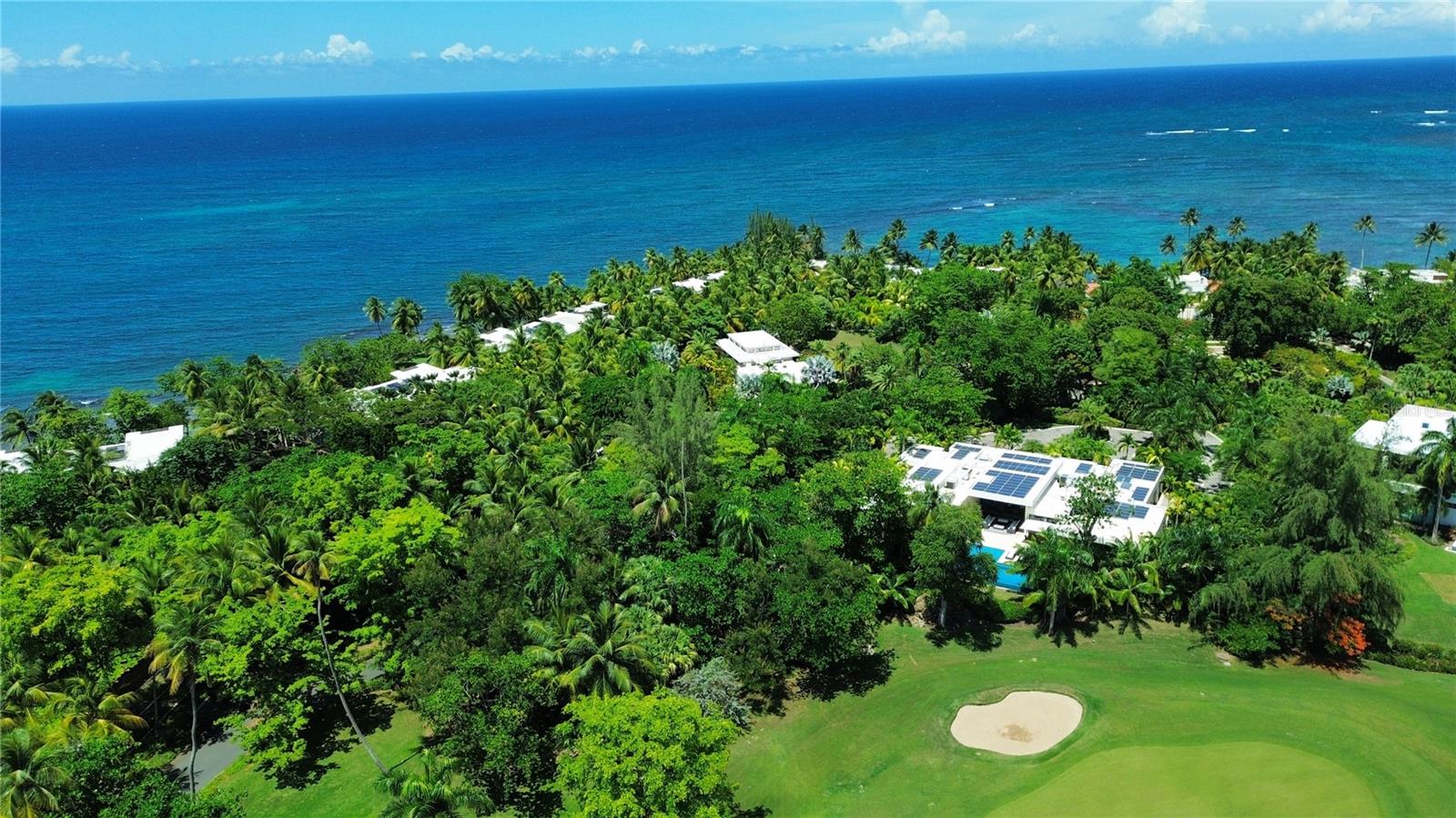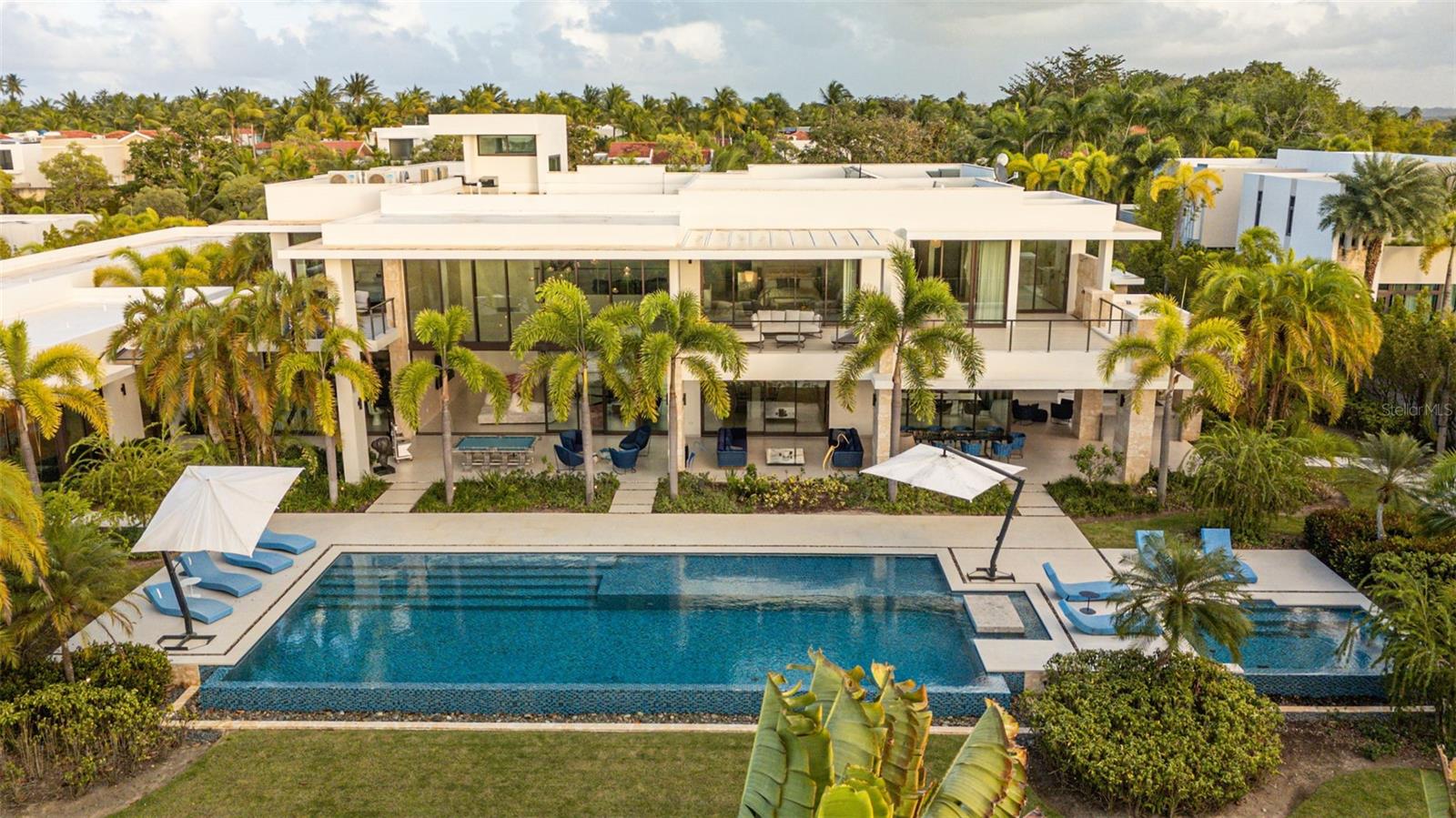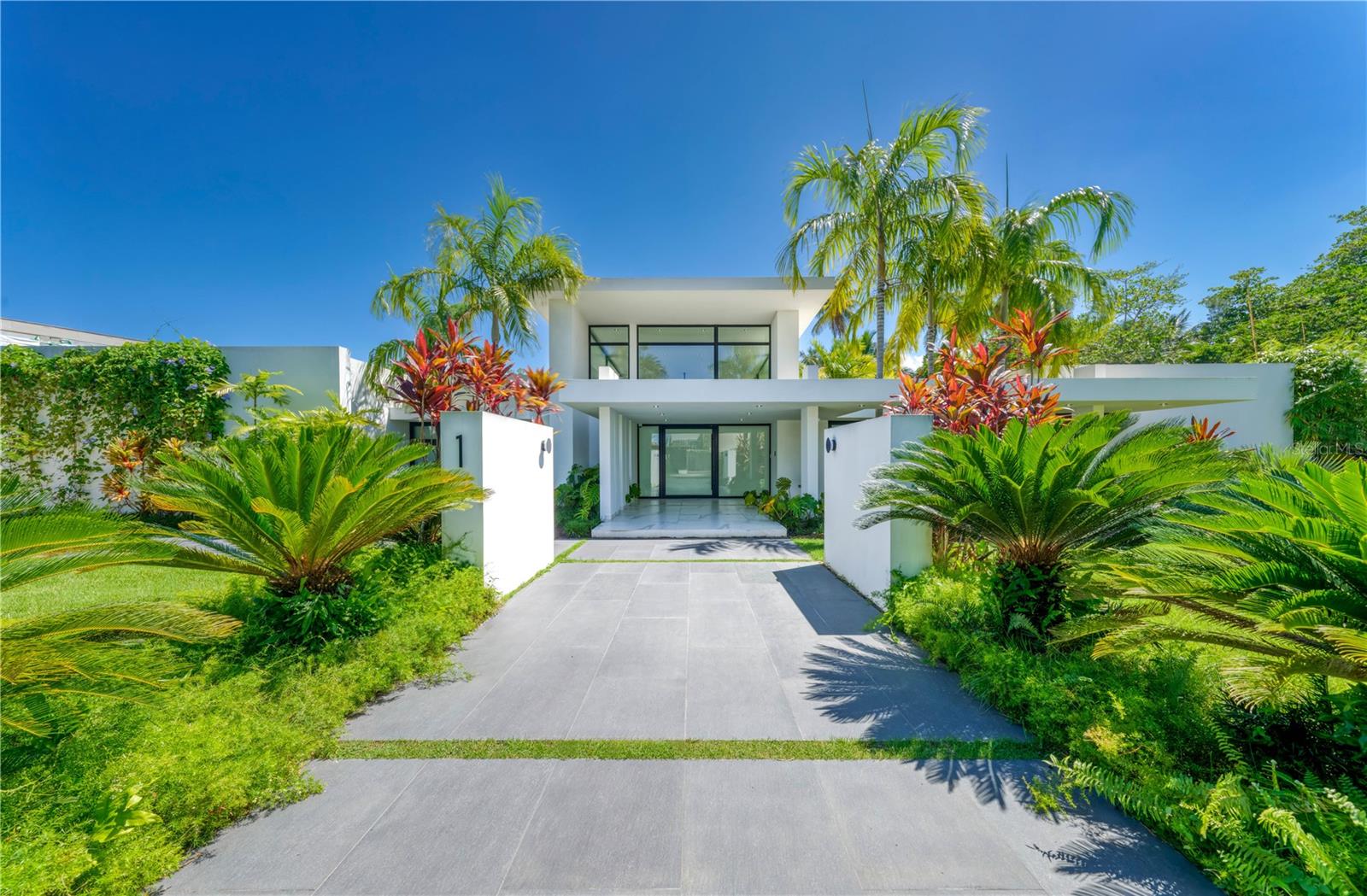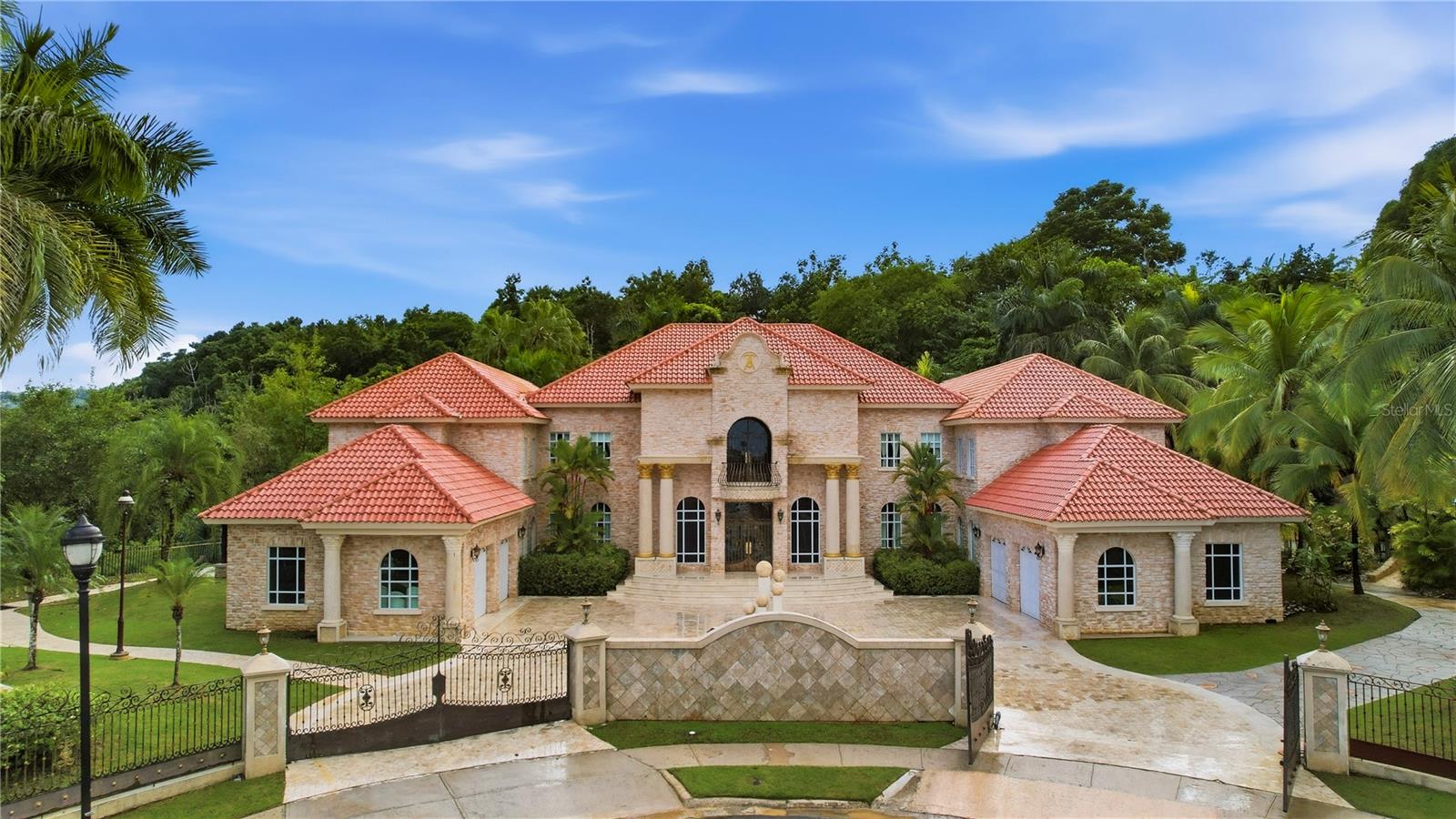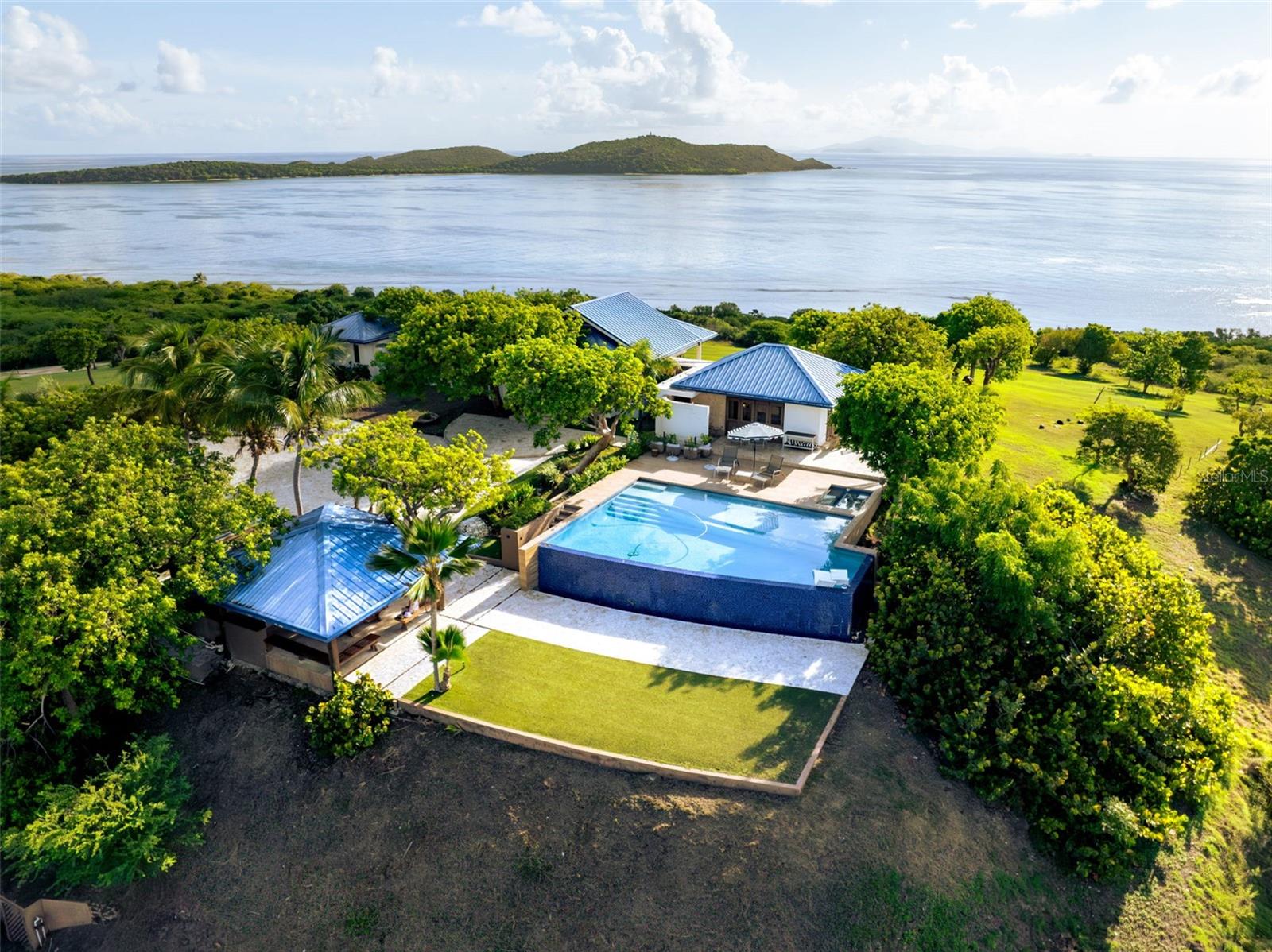Your Roadmap to Tax Incentives and Luxury Island Living
Imagine a tropical setting with dazzling beaches, vibrant culture, and year-round sunshine—now add generous tax incentives that can dramatically reduce your financial obligations. That’s what Puerto Rico’s Act 60 offers. By refining and consolidating earlier incentive laws (notably Acts 20 and 22), this legislation has captured the attention of entrepreneurs, affluent individuals, and real estate investors looking for both lifestyle and financial benefits.
In this guide, you’ll discover how Act 60 works, focusing on two vital areas of opportunity: Export Services & Commerce and Individual Investors
We’ll also explore Puerto Rico’s booming luxury real estate market and present our brokerage’s insights into making the most of Act 60. Whether you’re seeking to expand your global business or purchase a beachfront getaway, this article will help you chart a successful course.
Act 60 at a Glance
Act 60 aims to transform Puerto Rico into a hub for both business innovation and personal wealth migration. It’s built on two primary pillars:
- Chapter 3: Export Services & Commerce – Tailored to companies that earn income from clients outside the island.
- Chapter 2: Individual Investors – Designed for high-net-worth individuals who become bona fide residents and wish to reduce or eliminate taxes on dividends, interest, and certain capital gains.
These chapters work in tandem: relocating businesses find a pro-growth climate with minimal tax hurdles, and new residents—many of them business owners or executives—enjoy a tropical lifestyle backed by substantial tax advantages.
Export Services & Commerce
Fueling Global Business from Puerto Rico
Under Chapter 3, Puerto Rico seeks to become a world-class export hub. By setting up and operating a bona fide office in Puerto Rico, companies can tap into notable tax benefits while taking advantage of the island’s strategic location and bilingual workforce.
Key Benefits Include:
-
Corporate Tax as Low as 4%
Companies exceeding $3 million in annual revenue often qualify for a 4% rate on net income. Smaller firms (under $3 million) can initially enjoy 2% for five years, then move to 4%. -
Property Tax Exemptions
Up to 75% off for larger corporations, or a full 100% for the first five years if under $3 million. This is particularly useful for warehouses, distribution centers, and Class-A office spaces. -
Zero-Tax Dividend Distributions
Profits distributed to shareholders are exempt from Puerto Rico income tax. -
Reduced Municipal Taxes
Larger entities benefit from a 50% discount, while smaller businesses can receive a 100% waiver for the first five years before reverting to a 50% reduction.
Examples of Eligible Activities
- Consulting & Professional Services (legal, accounting, marketing, engineering)
- Software & Tech Development (app creation, R&D, cloud computing)
- Financial Services (investment banking, fund management, broker-dealers)
- Manufacturing & Distribution for clients outside Puerto Rico
By focusing on markets beyond Puerto Rico’s borders, these ventures can benefit from a robust export framework with lower operating costs.
Commercial Real Estate: Your Powerhouse Asset
Companies forming under Chapter 3 must maintain a bona fide office or facility on the island. Prime commercial real estate choices include:
- Modern Office Towers in Hato Rey or Metro Office Park in Guaynabo, offering professional amenities and a prestigious address.
- Warehouse & Logistics Centers near ports and major highways, geared toward manufacturing or distributing goods to off-island clients.
Pro Tip: Conduct thorough cost-benefit analyses when selecting properties. Weigh factors like proximity to major transportation routes, available labor pools, and any local infrastructure upgrades that could benefit your sector.
Chapter 2: Individual Investors
Who Benefits from Chapter 2?
Chapter 2 (formerly Act 22) focuses on high-net-worth individuals seeking to optimize taxes on dividends, interest, and capital gains. By relocating to Puerto Rico, meeting bona fide residency requirements, and supporting local nonprofit initiatives, investors can access one of the most appealing tax environments in any U.S. jurisdiction.
Top Advantages
-
0% Puerto Rico Income Tax on Puerto Rico–Source Interest & Dividends
Qualified income may also be exempt from U.S. federal taxation under Section 933 of the Internal Revenue Code, a significant draw for those with large portfolios. -
Capital Gains Breaks
Gains from assets—such as stocks or cryptocurrencies—acquired and sold after establishing residence in Puerto Rico may be exempt from both Puerto Rico and federal taxes if properly structured. -
Long-Term Stability
Current provisions last until December 31, 2035, allowing ample time for strategic wealth growth and planning.
Requirements for Chapter 2
-
Bona Fide Residency
Spend 183+ days per year in Puerto Rico, maintain a primary tax home, and demonstrate closer ties to Puerto Rico than to any other locale. -
Real Estate Purchase
Acquire a primary residence within two years of receiving your tax grant—fueling substantial demand in upscale communities like Dorado, Condado, and Guaynabo. -
Annual Philanthropy
Contribute $10,000 each year to local nonprofits, with half going to organizations that address child poverty. This requirement ensures incoming residents positively impact Puerto Rico’s social fabric. -
Annual Reporting & Fee
File a yearly report and pay a $5,000 fee to maintain ongoing compliance under Act 60.
The Real Estate Connection
Why Luxury Properties Are Thriving
Act 60’s influx of affluent individuals and relocating businesses has sparked a surge in Puerto Rico’s luxury real estate market. Buyers enjoy resort-style living, security, and prime neighborhoods, while developers benefit from growing demand and the potential for attractive returns.
Top Areas for Upscale Living
- Dorado Beach & Ritz-Carlton Reserve: Gated villas, championship golf courses, and exclusive coastal amenities.
- Condado Beach: Oceanfront high-rises, five-star dining, and a dynamic city atmosphere.
- Palmas del Mar: A master-planned community featuring a marina, golf courses, and pristine beaches.
- Guaynabo: Suburban luxury within a short drive to financial hubs in Hato Rey.
Mixed-Use & Redevelopment Opportunities
- Office-Residential Complexes: Ideal for entrepreneurs who want commercial office space alongside high-end condos.
- Warehouse Redevelopment: Older industrial sites near major roads can be renovated to meet the needs of niche investors seeking modern, multipurpose spaces.
Local Market Trends & Infrastructure
Beyond personal preferences for coastal living or suburban privacy, Puerto Rico’s infrastructure and development trends also factor into property values and investment viability:
-
Transportation Upgrades
Efforts to improve major highways, expand airport facilities, and enhance shipping terminals can bolster property values—especially for businesses relying on smooth logistics. -
Telecommunications & Tech
As a U.S. territory, Puerto Rico benefits from stable telecommunications networks, fiber-optic expansions, and bilingual tech talent—vital for export service providers and remote professionals. -
Growing Service Economy
The island’s shift from manufacturing to a more diverse service-based economy supports rising demand for Class-A offices, co-working spaces, and shared corporate facilities.
Pro Tip: Staying abreast of local economic initiatives and infrastructure upgrades can help you choose properties in neighborhoods or commercial zones on the cusp of growth, maximizing both tax benefits and investment returns.
Compliance & Common Pitfalls
While Act 60 is generous, non-compliance or oversight can lead to penalties or loss of exemptions. Key areas to watch:
-
Residency Missteps
Under Chapter 2, strictly track the 183-day rule. Overlooking travel days or failing to establish a genuine “closer connection” to Puerto Rico can jeopardize your tax benefits. -
Property Use
Claiming an upscale condo or villa as your primary residence requires genuine occupancy. Excessive rental of the property may trigger scrutiny. -
Municipal & Association Rules
In gated communities or specialized commercial zones, local regulations (e.g., architectural guidelines, homeowners association fees) can impact ownership costs and compliance. -
Philanthropic and Reporting Deadlines
Late donations or incomplete annual reports can nullify your exemptions, erasing the financial edge Act 60 provides.
Pro Tip: Regular consultations with experienced local attorneys and tax advisors ensure you navigate these potential pitfalls effectively.
Practical Steps to Begin Your Act 60 Journey
-
Consult Legal & Tax Professionals
Determine whether you qualify under Chapter 2 or 3. Work with advisors who understand both Puerto Rico law and U.S. federal tax considerations. -
Identify Your Real Estate Needs
Do you require a commercial office or warehouse for export operations, or are you seeking a primary residence in a gated community? -
File Your Application
Submit required documents—such as business plans, financial statements, or residency evidence—to Puerto Rico’s Department of Economic Development and Commerce (DDEC). -
Maintain Ongoing Compliance
Track your presence on the island (for Chapter 2), fulfill philanthropic obligations, and keep annual reports current. -
Leverage Tax Savings
Reinvest your reduced tax burden into additional properties, expand your enterprise, or simply enjoy the island’s coastal lifestyle.
From a 4% corporate income tax for export-focused businesses to 0% on certain capital gains for individual investors, Act 60 can be a powerful catalyst for financial growth—coupled with the allure of a year-round tropical escape. Proper planning, attention to local regulations, and expert guidance are key to unlocking these advantages fully.
Our brokerage stands ready to guide you—connecting you with reliable legal and tax professionals while matching you to the ideal property for your goals. Whether you want to establish a global office in Hato Rey or purchase a serene oceanfront retreat in Dorado, we’ll help you capitalize on everything Act 60 offers.
Disclaimer
We are a real estate brokerage providing information on Act 60 and associated investment opportunities. This article is intended for educational purposes only and does not constitute legal or tax advice. For personalized guidance, please consult qualified attorneys and certified tax professionals. Real estate transactions and tax incentives entail complex regulations; expert counsel is vital for full compliance and maximum benefit.
Cited References
McConnel Valdez, LLC (Legal resource for detailed Act 60 provisions and application procedures)











